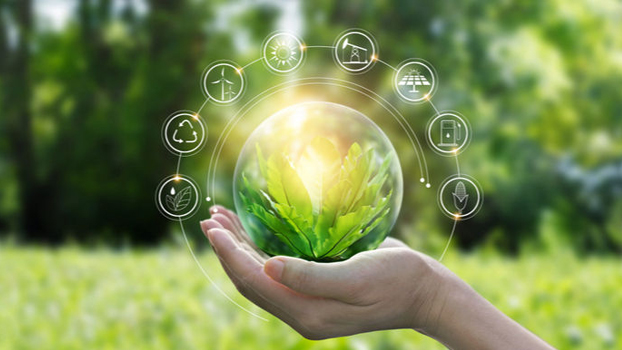Bangladesh pushes for green growth

Bangladesh will form two new sub-committees on recycling and green growth under the existing Sustainability and Green Growth Working Committee (SGGWC) to hold regular discussions on critical issues related to sustainable development in the private sector, according to the country’s environment, forest and climate change secretary Ziaul Hasan.
He was addressing the third meeting of the SGGWC held virtually to discuss different tools and policies for extended producer responsibility (EPR) in the plastic industry. EPR is a policy option that makes producers responsible for a share of the post-consumer waste management, reports Fibre2Fashion News
The responsibility can be physical or financial. For example, the producer can pay for or engage in the collection and management of the waste generated during production.
The ministry will work closely with Business Initiative Leading Development (BUILD) as well as other relevant stakeholders to ensure an effective EPR policy for the plastic industry, Hasan said.
"We are seriously concerned about pollution control and in that respect, we issued a statutory regulatory order in 2018 on EPRs but it could not play a proper role," he was quoted as saying by bangla media reports.
In addition to waste recycling and management, companies also need to promote green growth by adopting a wider range of environment-friendly models and solutions, BUILD chairperson Abul Kasem Khan said. This includes using jute-based pulp, bamboo-based fibres and bio-fuel from waste, he said.
BUILD chief executive officer Ferdaus Ara Begum said Bangladesh Bank revised the provisions of the Green Transformation Fund to make it more accessible for all manufacturer-exporters for importing environment-friendly machinery.
Similarly, the Bangladesh Road Transport Authority (BRTA) issued a statutory regulatory order to get battery-run electric vehicles registered.




